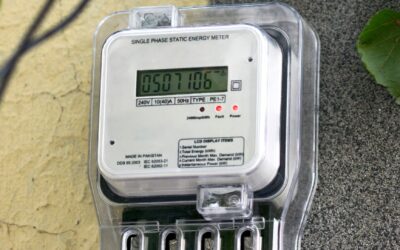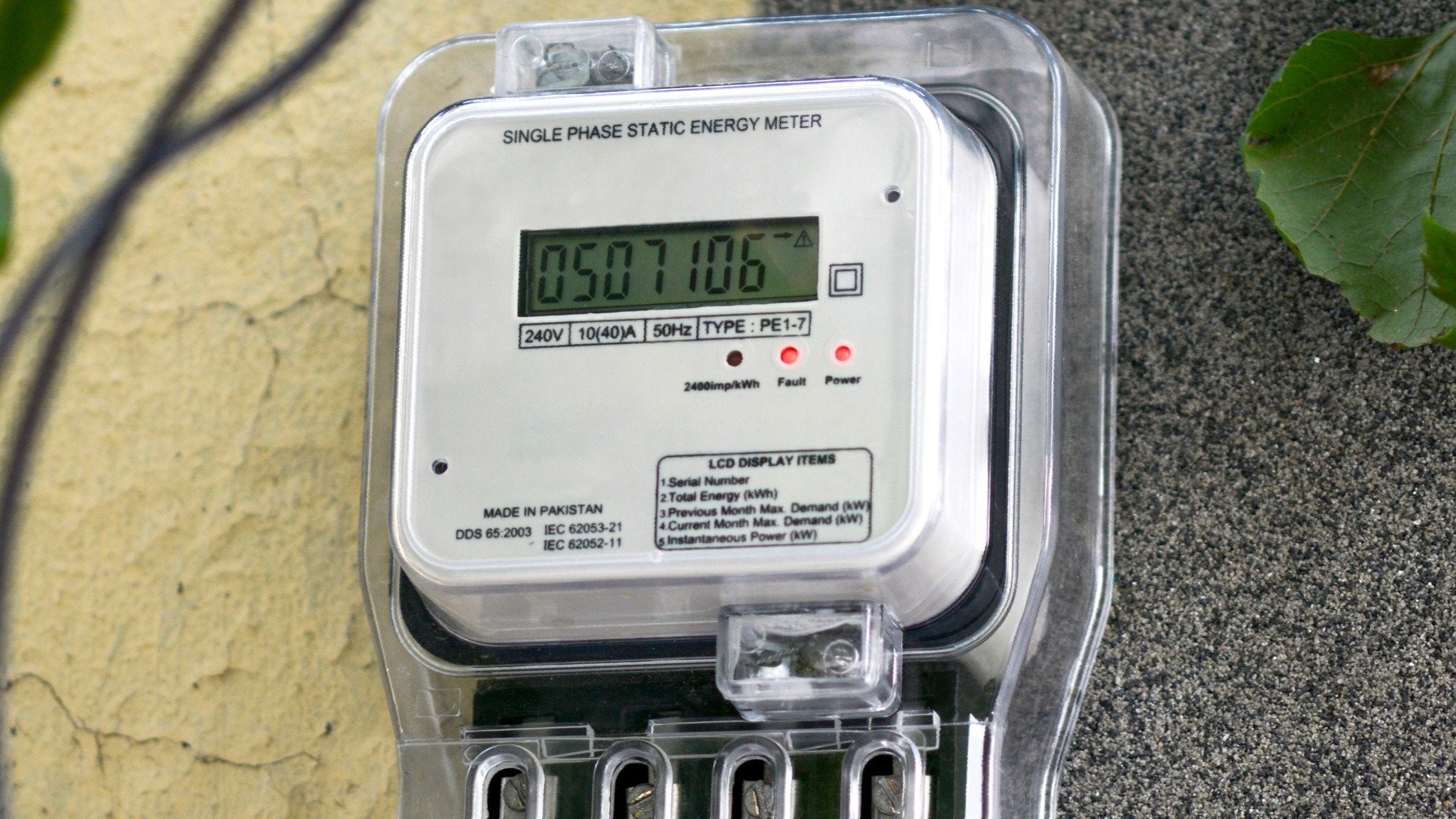ORERA to Appoint Land Expert as Odisha Introduces New SOP for Part Plot Registrations

Move aims to speed up real estate dispute resolution and bring clarity to land registration processes across rural and urban areas
Bhubaneswar : In a bid to improve efficiency and transparency in real estate governance, the Odisha Real Estate Regulatory Authority (ORERA) has initiated the process of appointing a land expert to assist with complex property disputes. This development aligns with the state government’s recent rollout of a Standard Operating Procedure (SOP) for part plot registrations, marking a coordinated move to streamline land-related issues.
According to the official notification, ORERA is seeking applications from retired Odisha Administrative Service (OAS) officers below 62 years of age. Preference will be given to those who have served as tehsildars, sub-collectors, or land acquisition officers for a minimum of eight years. The consultant will assist in scrutinising land documents, reviewing building plans, and guiding the resolution of intricate property disputes.
Real estate analyst Bimalendu Pradhan described the move as “timely and necessary,” noting that ORERA frequently handles disputes rooted in land ownership and registration complexities. He said inducting a land specialist would help resolve such matters faster and more accurately.
This initiative closely follows the state revenue and disaster management department’s announcement of a much-awaited SOP for registering part plots—a system that often leads to confusion due to varying interpretations of the Registration Act, 1908 and Odisha Registration (Amendment) Act, 2013.
Part plot registrations are common in cases of family land division, agricultural transactions, and urban land expansions. However, the lack of clear guidelines has led to delays, legal disputes, and bureaucratic hurdles. The newly introduced SOP aims to standardise procedures and bring uniformity among registering officers across Odisha.
Under the new SOP, part plot registration in rural areas is now allowed without any prior conditions, except in the case of jalasaya kissam (water body) land, which must be transferred in its entirety, and any subdivision in such cases is restricted to 500 square metres. For agricultural land, subdivision is permitted as long as the land retains its agricultural classification, supported by a self-declaration submitted in Form D. In urban and planned areas, the process of part plot registration will be governed by the Odisha Development Authorities (ODA) Act and the Town Planning (TP) Act; however, exemptions have been provided for family-based subdivisions and specific categories, ensuring that such transfers are not burdened by additional procedural complexities.
Officials say the dual initiatives—appointing a land expert and introducing a clear SOP—signal a proactive approach by the government to address long-standing bottlenecks in real estate regulation. These steps are expected to enhance public trust and ensure smoother transactions for developers, buyers, and landowners.
By harmonising regulatory measures and focusing on expertise, Odisha is positioning itself for a more transparent and accountable land management system—crucial for urban development and investment growth.
The coming months will reveal how effectively these changes translate into on-ground results, but stakeholders agree that the state has taken a decisive step in the right direction.








